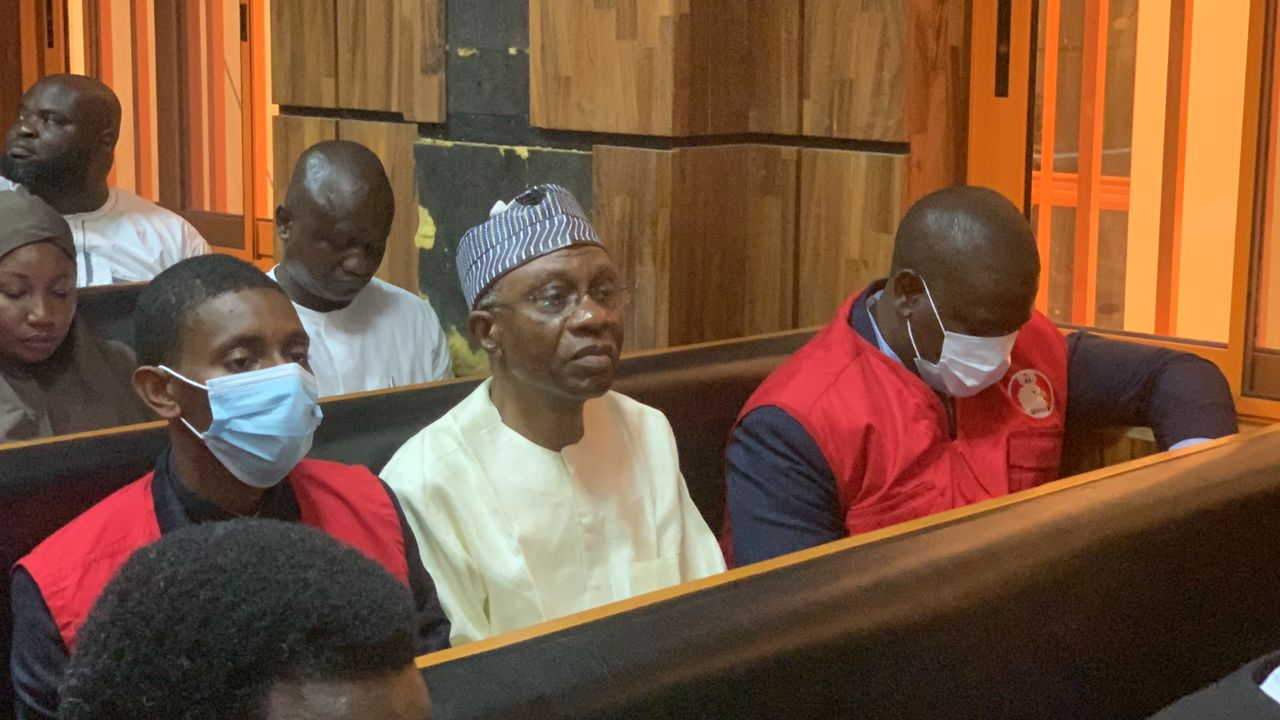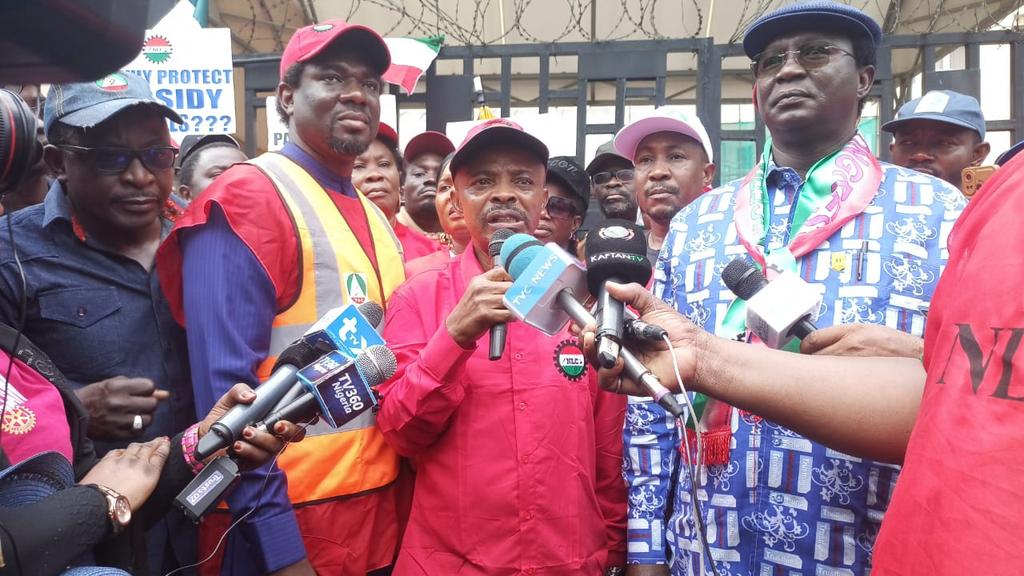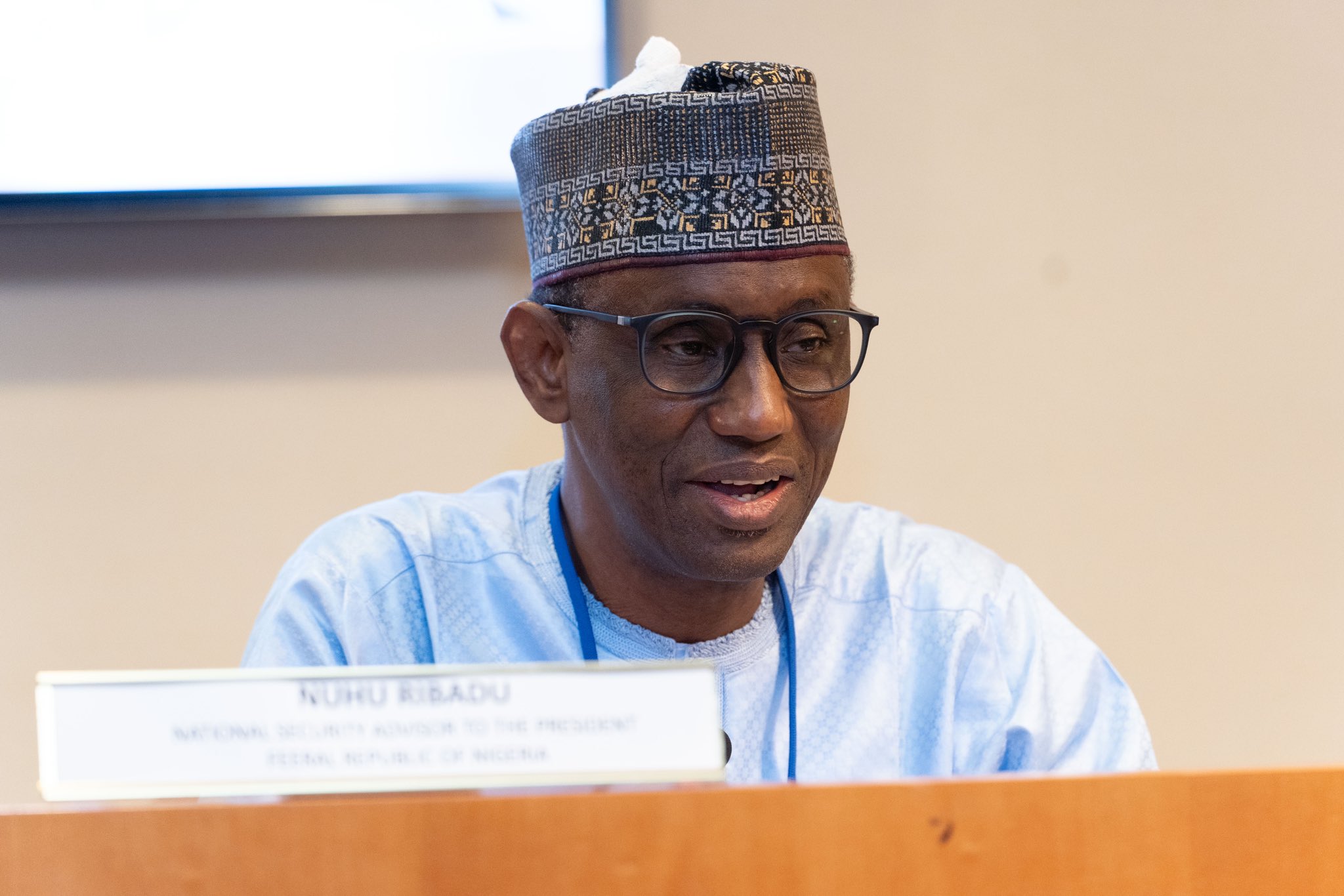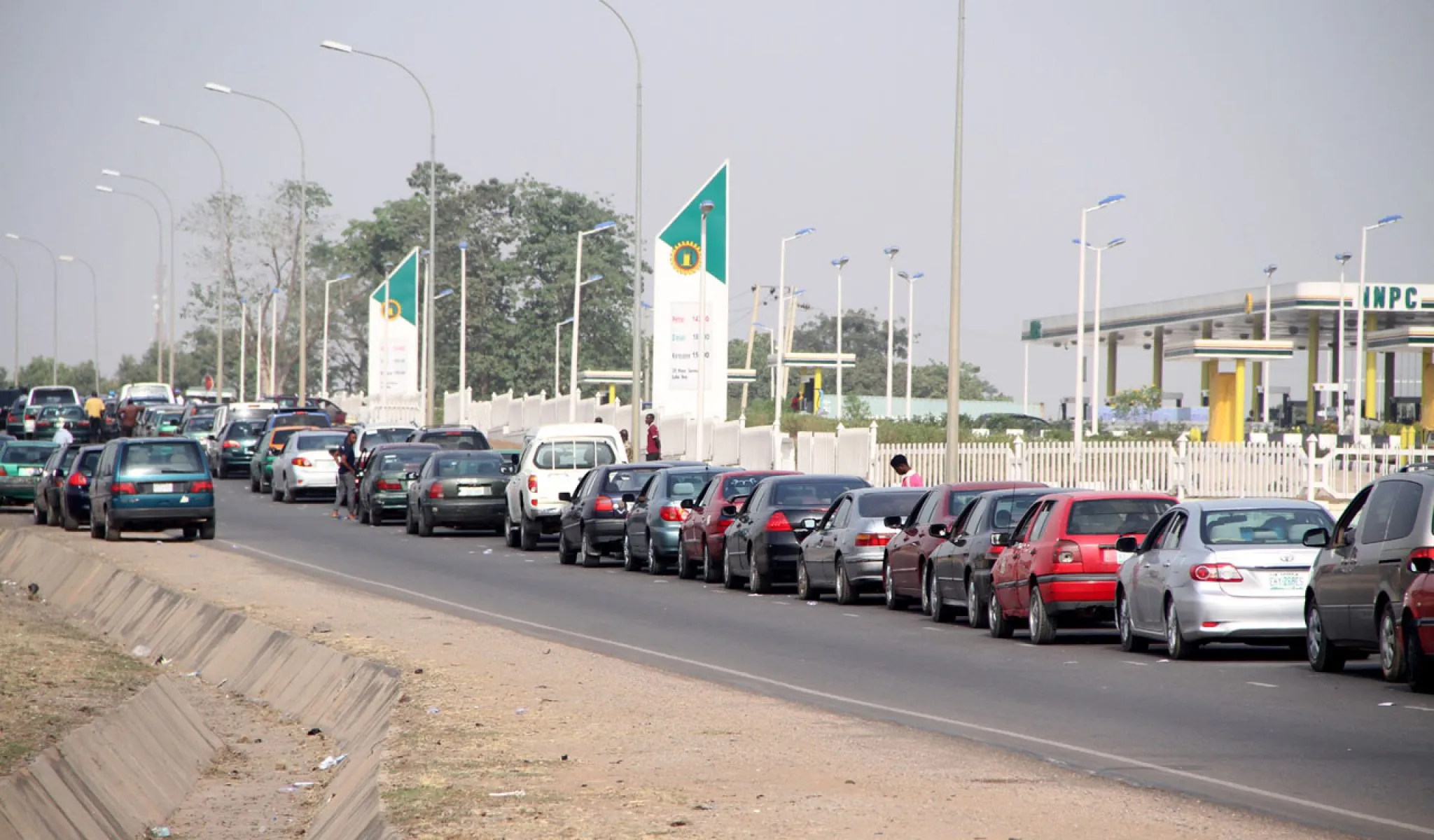The International Court of Justice (ICJ) on Friday ordered Israel to do more to prevent the killing and harm of civilians in Gaza but did not call for a cease-fire. The ruling disappointed Palestinians who had hoped the court would endorse their pleas for immediate relief from the violence.
At a closely watched hearing at The Hague’s Peace Palace, the court’s president read out its order and reasoning, confirming that the ICJ has jurisdiction in the landmark case brought by South Africa and arguing that there is an urgent need for measures because of the plausibility of genocide.
It called on Israel to prevent the possibility of genocide, including by allowing more aid and punishing comments from officials and soldiers that amount to incitement.
The court also said Israel must submit a report in one month outlining how it is implementing the court’s orders.
Palestinians had hoped the court would issue an order to immediately halt the fighting — as requested by South Africa — much the way the court in 2022 demanded that Russia stop its military actions in Ukraine. However, legal scholars said key differences in the two cases made a cease-fire order far less likely.
Israel would be able to comply with the court’s directives to protect civilians from harm and increase aid without substantially changing its operations in Gaza, Shay said. Israel already insists it warns Gazans of impending attacks and facilitates aid.
Friday’s decision is not a verdict on whether Israel has committed genocide — that could take years. Rather, the provisional measures aim to prevent the situation from worsening while the case proceeds.
“The court considers that the civilian population in the Gaza Strip remains extremely vulnerable,” said Judge Joan Donoghue, the ICJ’s president and former State Department employee. “The court considers that the catastrophic humanitarian situation in the Gaza Strip is at serious risk of deteriorating further before the court renders its final judgment.”
The legal battle has captured the world’s attention, spotlighting deep divisions. South Africa alleges that Israel violated the law by committing and failing to prevent genocidal acts, and it had asked the court to order Israel to cease military operations in Gaza immediately. A host of capitals have voiced support, as has the 22-member Arab League and the 57-member Organization of Islamic Cooperation.
In a statement after the ruling, South Africa declared a “decisive victory for the international rule of law and a significant milestone in the search for justice for the Palestinian people.”
“The International Court of Justice (ICJ) has determined that Israel’s actions in Gaza are plausibly genocidal and has indicated provisional measures on that basis,” the statement said. “For the implementation of the international rule of law, the decision is a momentous one.”
Israel has roundly rejected the allegations, saying South Africa presented a “grossly distorted” picture by ignoring the role of Hamas and “weaponizing” the International Convention against Genocide. The Biden administration dismissed the filing as “meritless.” Britain called the claims “nonsense.”
After the ruling, Israeli Prime Minister Benjamin Netanyahu said, “the charge of genocide levelled against Israel is not only false, it’s outrageous, and decent people everywhere should reject it.”
He said Israel continues to facilitate humanitarian aid to civilians and would not end its campaign against Hamas.
Israel’s offensive has killed some 26,000 Palestinians, according to the Gaza Health Ministry, the majority of them women and children. It was launched after Hamas militants attacked Israel on Oct. 7, killing roughly 1,200 people and taking around 253 hostages.





















